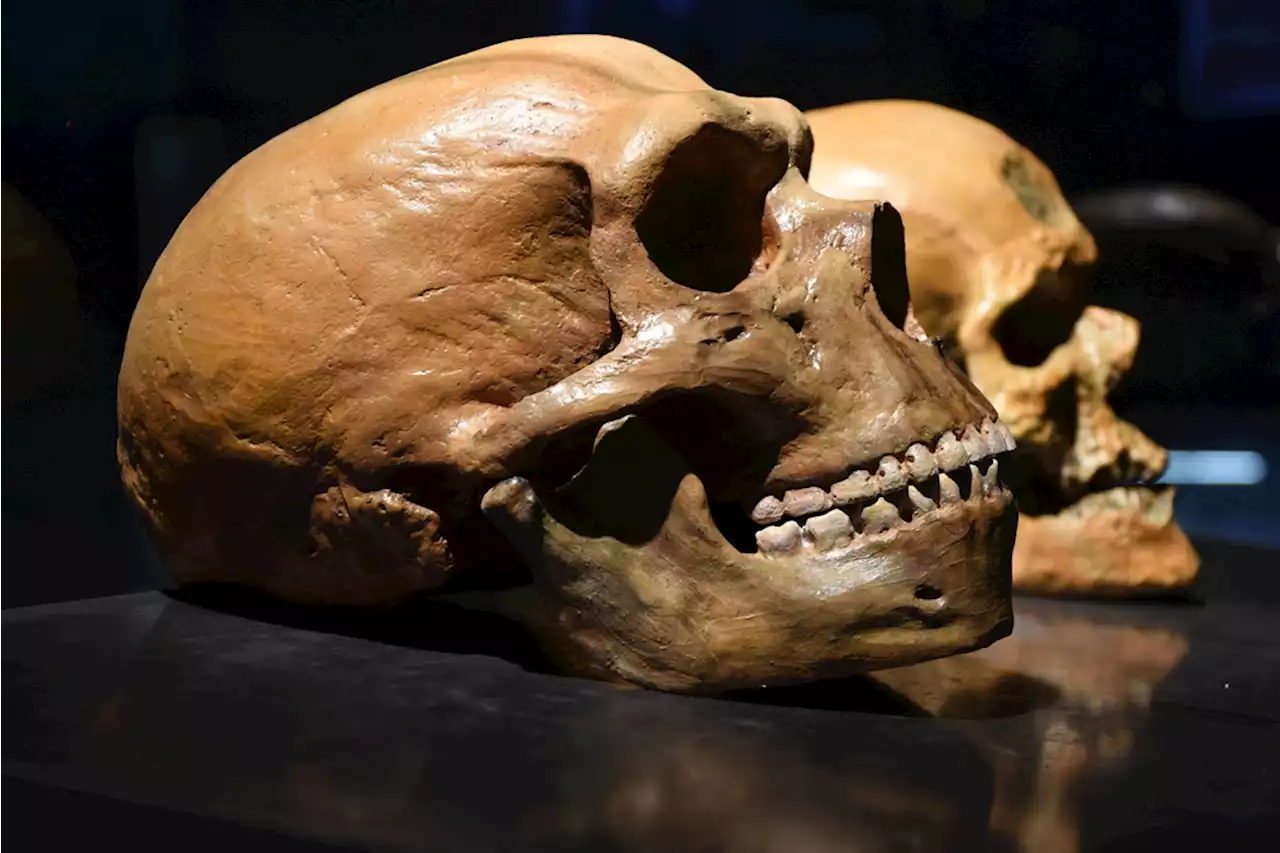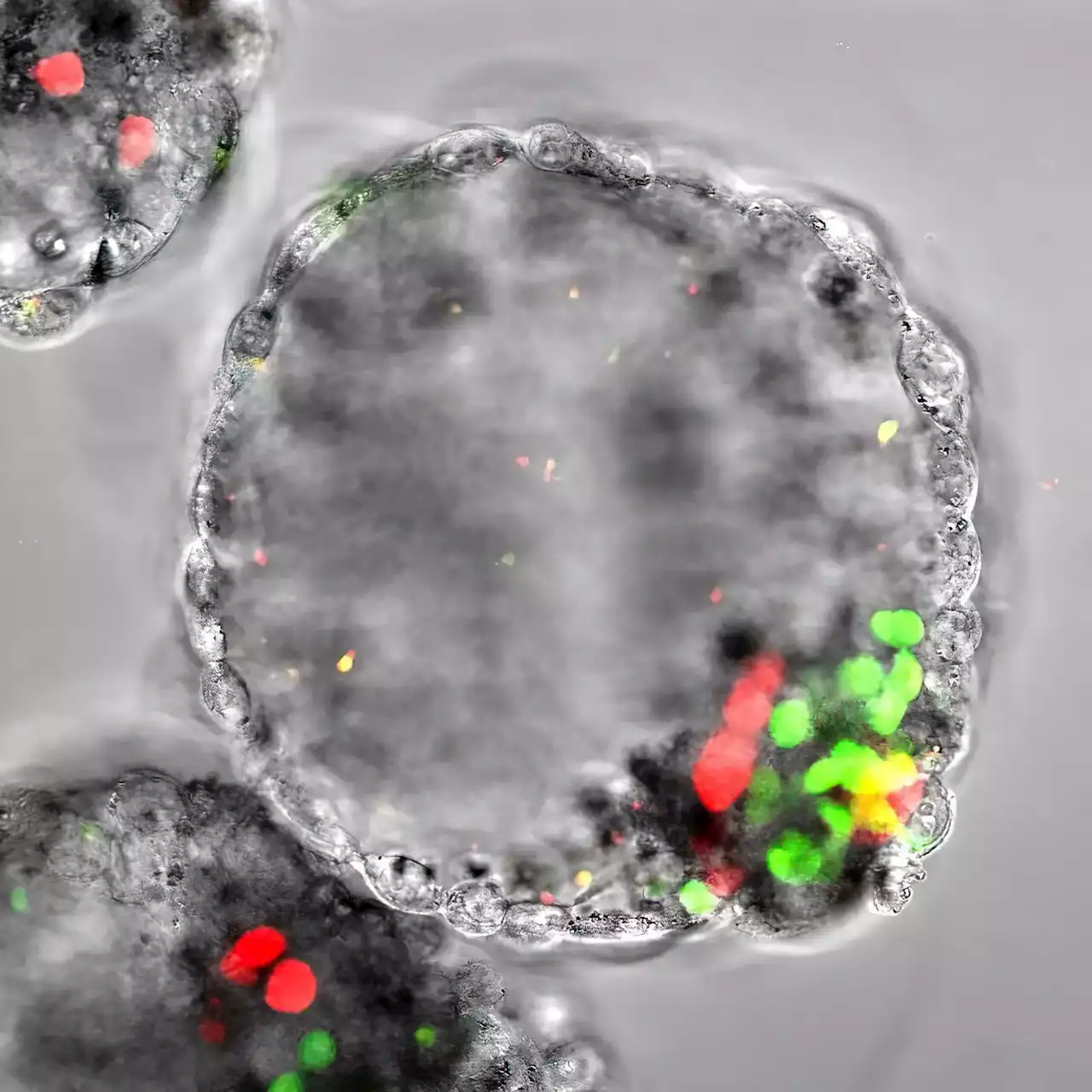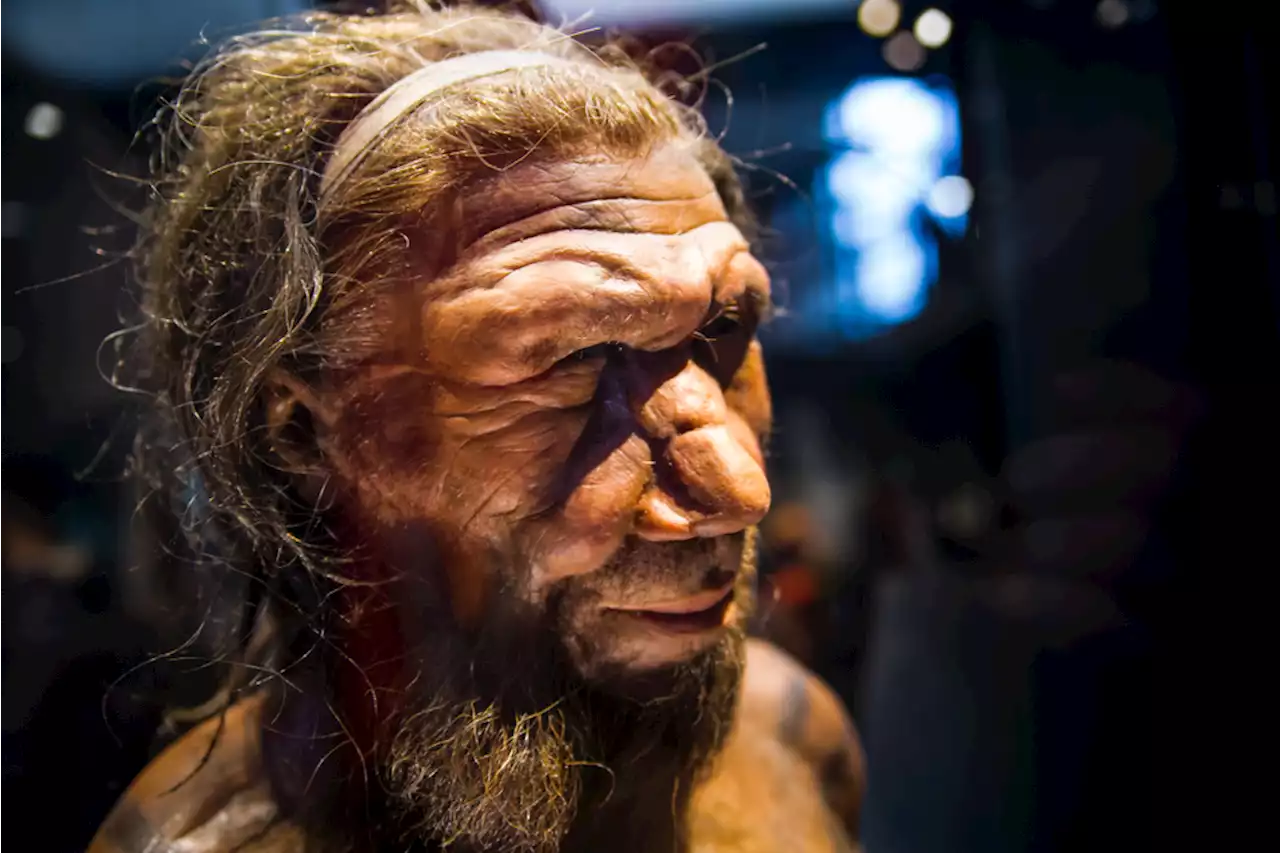🔄FROM THE ARCHIVE Our ancestors interbred with Neanderthals, and evidence of these ancient liaisons can still be found in the DNA of people living today.
We all have a little Neanderthal in us. The amount varies a bit, from less than a percent to likely over 2 percent, depending on our heritage. East Asians seem to have the most Neanderthal DNA in their genomes, followed by those of European ancestry. Africans, long thought to have no Neanderthal DNA, wereThat genetic material is the result ofat some point in the past.
Neanderthal genes are thought to be linked to a number of different traits in humans. They might help protect us from some pathogens, for example, but also make us more susceptible to heart disease. Neanderthal DNA probably also plays a role in hair color, our sense of smell and even our sleeping habits, to some extent.
This story is part of an ongoing series covering readers’ biggest questions about human origins. Read more:
United States Latest News, United States Headlines
Similar News:You can also read news stories similar to this one that we have collected from other news sources.
 How Are Neanderthals Different From Homo Sapiens?🔄FROM THE ARCHIVE Based on fossils and artifacts, archaeologists try to understand the differences between Neanderthals and Homo sapiens.
How Are Neanderthals Different From Homo Sapiens?🔄FROM THE ARCHIVE Based on fossils and artifacts, archaeologists try to understand the differences between Neanderthals and Homo sapiens.
Read more »
 Warrant issued for deadly 2020 hit-and-run after questionable DNA reveals answers about possible suspectHouston police are continuing to track down the driver who they believe is responsible for a deadly hit-and-run collision that happened back in 2020.
Warrant issued for deadly 2020 hit-and-run after questionable DNA reveals answers about possible suspectHouston police are continuing to track down the driver who they believe is responsible for a deadly hit-and-run collision that happened back in 2020.
Read more »
 Maternally Inherited Diseases: New Technology Uncovers Hidden Mitochondrial DNA MutationsA high-throughput single-cell single-mitochondrial genome sequencing technology known as iMiGseq has provided new insights into mutations of mitochondrial DNA (mtDNA) and offers a platform for assessing mtDNA editing strategies and genetic diagnosis of embryos prior to their implantation. The dev
Maternally Inherited Diseases: New Technology Uncovers Hidden Mitochondrial DNA MutationsA high-throughput single-cell single-mitochondrial genome sequencing technology known as iMiGseq has provided new insights into mutations of mitochondrial DNA (mtDNA) and offers a platform for assessing mtDNA editing strategies and genetic diagnosis of embryos prior to their implantation. The dev
Read more »
 Extrachromosomal DNA in the cancerous transformation of Barrett’s oesophagus - NatureAn analysis of whole-genome sequencing data from patients with Barrett’s oesophagus or oesophageal ademocarcinoma shows that extrachromosomal DNA (ecDNA) is strongly associated with cancer progression, and that a wide range of oncogenes are amplified on ecDNAs.
Extrachromosomal DNA in the cancerous transformation of Barrett’s oesophagus - NatureAn analysis of whole-genome sequencing data from patients with Barrett’s oesophagus or oesophageal ademocarcinoma shows that extrachromosomal DNA (ecDNA) is strongly associated with cancer progression, and that a wide range of oncogenes are amplified on ecDNAs.
Read more »
DNA led police to arrest San Antonio man in decades-old homicideAfter more than 40 years, San Antonio police have made an arrest in the case of a missing 18-year-old who was found dead at a Comal County rest stop thanks to genealogy testing.
Read more »
